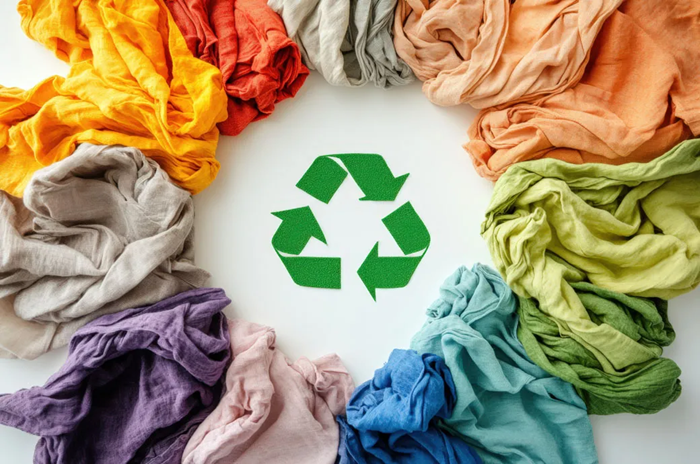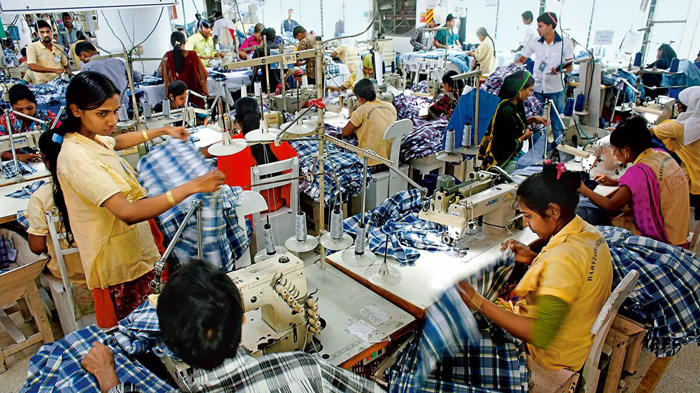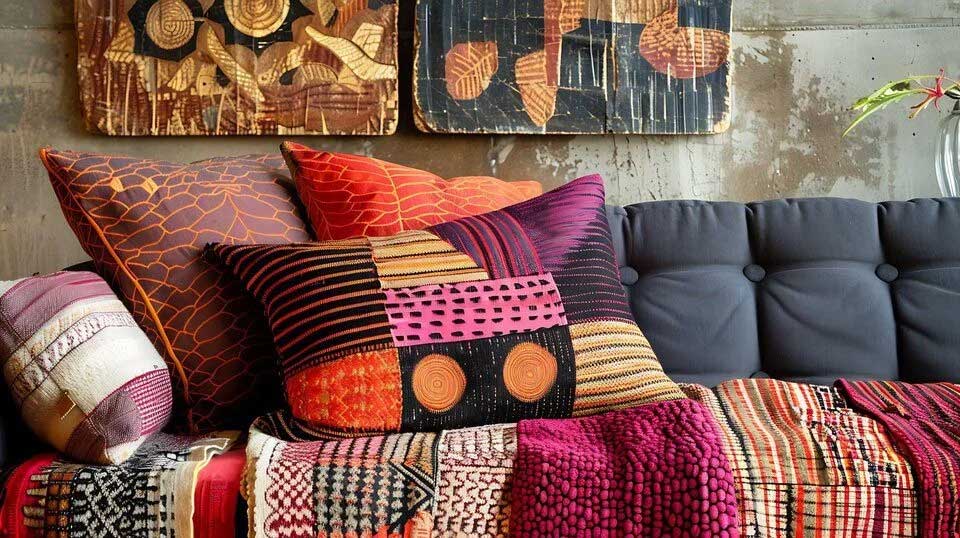The age-old khadi sector is all set for a makeover. The spinning wheel will now run on solar power in its new avatar of solar charka. Solar charkas will lower strain on weavers and increase productivity. The newly-developed wheels have more spindles that can run on solar power. The objective is to increase wages of spinners since most khadi workers are women.
A spinner earns Rs 160 a day for eight hours of work on a hand-spun wheel while solar-powered charkas can spin material worth Rs 350 to Rs 380. Conventional wheels hold 3 to 8 spindles of khadi, which produce 25 hanks of yarn in eight hours. Solar-powered spinning wheels can hold 36 spindles to produce 100 hanks in the same time.
The original cost of a solar charka was Rs 70,000, which has been brought down to Rs 40,000. Developers are working at further towards reducing the cost. In remote and rural areas, where uninterrupted electricity is a distant dream, solar charkas will help boost the income of weavers. The quality of the yarn can also improve by the use of solar charka. It can help traditional spinning grow into an industry without involving human drudgery.
Solar charkas to strengthen khadi weaving
- 1
- 2
- 3
- 4
- 5
- 6
- 7
- 8
- 9
- 10
Europe' s textile recycling industry in crisis brews into an environmental threa…
The once-booming European textile recycling industry is facing an unprecedented crisis, with far-reaching implications for the global fashion landscape and... Read more
Athleisure's New Guard: Vuori challenges Lululemon's reign
The athleisure market, a fashion phenomenon born from the fusion of athletic wear and leisurewear, is experiencing a seismic shift.... Read more
Cinte Techtextil China 2025: Expanding horizons in technical textiles
Expanding opportunities with new product zones Cinte Techtextil China 2025 will return to the Shanghai New International Expo Centre from September... Read more
Shantou's Digital Transformation: Weaving a new future for China's textile indus…
Once known primarily for its traditional textile manufacturing, Shantou is rapidly becoming a shining example of digital transformation in China's... Read more
Are India-Bangladesh textile ties unraveling amidst unrest?
As political tensions simmer between India and Bangladesh, the intricate textile trade relationship between the two South Asian neighbors hangs... Read more
Cotton Industry in Crisis: Rising imports and policy gaps strain Pakistan's text…
Pakistan's cotton industry is at a critical juncture as a confluence of factors, including surging imports, policy inconsistencies, and a... Read more
The Widening Chasm: High-end vs affordable luxury in a changing market
While the desire for exclusivity and craftsmanship remains strong among luxury buyers, there is a clear bifurcation between high-end and... Read more
Italy and India: Weaving a future together in fashion, apparel, and textiles
Italy, renowned for its exquisite fashion, design, and textile machinery, is setting its sights on India, a land rich in... Read more
Wrap-Up 2024 Home Textiles: A year of transformation for the global home textile…
The global home textile market in 2024 was marked by changing consumer preferences, supply chain disruptions, and a growing emphasis... Read more
Wrap-up 2024 Fashion's Forward March: Five strategic shifts reshaping the indust…
The global fashion industry is changing constantly, pushed forward by evolving consumer demands, technological advancements, and socio-economic pressures. To stay... Read more












